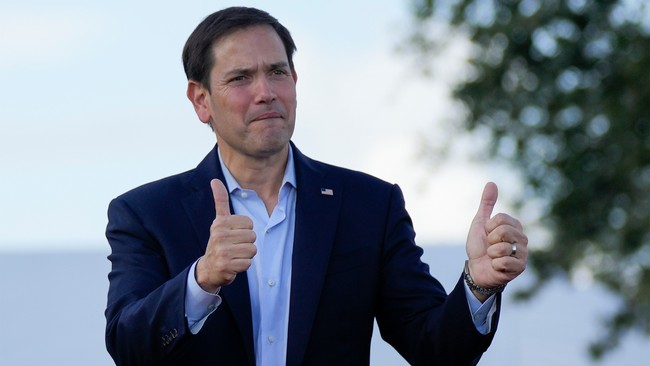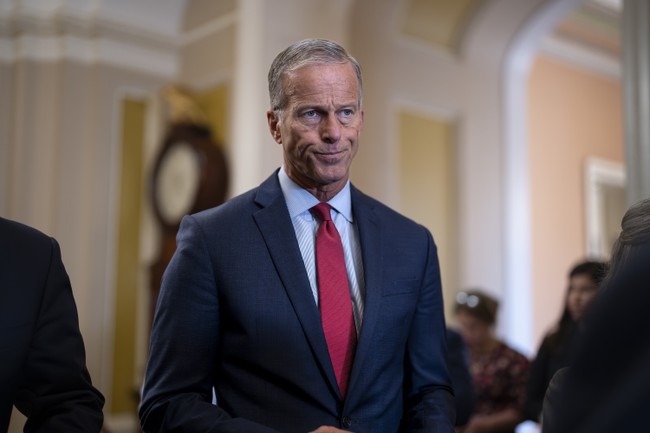Can Pemex's Bold Financial Moves Sustain Its Future?
Explore the implications of Mexico's substantial financial support for Pemex, as the state oil giant grapples with debt, revised strategies, and the push for fiscal reform.
Published November 14, 2024 - 00:11am

Image recovered from oilprice.com
Mexico's state-owned oil company, Pemex, finds itself at the heart of a major economic discourse as the country navigates a complex web of fiscal reform, debt management, and strategic growth initiatives. Under the stewardship of President Claudia Sheinbaum, the Mexican government has pledged to continue former President Andres Manuel Lopez Obrador's policy of robust state support for the world's most indebted oil company, reflected by a proposed $6 billion allocation from the 2025 budget to address Pemex's immediate debt obligations. This initiative, deemed crucial to stabilize the company, comes alongside efforts to streamline Pemex's tax regime, a move intended to invigorate its financial capabilities and overall operational transparency.
Operating under a soaring debt that overshadows the Mexican economy, Pemex faces about $100 billion in overall debt, with maturities peaking at $9 billion and $13 billion through the next two years. Despite Lopez Obrador's attempts to revitalize Pemex, including approximately $80 billion in capital injections and tax concessions, the company's oil production has persistently declined, slipping to record lows in recent decades. The past administration's energetic policies did not translate into much-needed production boosts, as output stagnated below 1.5 million barrels per day, way down from highs of 3.4 million bpd two decades ago.
Responding to these challenges, President Sheinbaum's administration has revealed plans to provide Pemex with both fiscal easing and strategic operational restructuring. Pemex is expected to benefit substantially from the simplification of its tax structure, with the introduction of a unified Petroleum Right for Well-Being tax regime that replaces multiple levies with a flat rate, allowing the enterprise to retain a greater share of its earnings for operations and public welfare contributions. Coupled with this is the government's ambition to embolden Pemex's investment capacity through enhanced transparency and streamlined financial operations, while the state energy company explores new business models, particularly in hydrocarbon production and reserve expansion.
The proposed overhaul also aligns with broader strategic shifts within Mexico's energy policy framework, encouraging joint ventures with international investors while sustaining Pemex's role as a pivotal state asset. Notably, Pemex's CEO, Victor Rodriguez, signaled intentions to bolster the company's reserves and gas production, pledging to cut operational costs by at least $2.44 billion. The government's reforms outline an evolving landscape wherein Pemex's future hinges on adopting mixed partnerships that capture both technical expertise and financial prowess from private sectors, addressing deficiencies in technology and capital that Pemex currently encounters.
However, the strategy is not without contention. Market observers express concern over Pemex's capacity to manage its sprawling debt while navigating geopolitical and financial complexities inherent to state-run enterprises. The necessity for private capital is emphasized amidst apprehensions that Pemex's reliance on outdated service contract models might stymie its potential for sustainable recovery and growth. Industry experts highlight the continuation of these service contracts could exacerbate financial losses without incentivizing increased output, suggesting instead a pivot towards competitive private investments is essential to invigorate operational efficiency and output.
As Pemex ventures into this new phase, the measure of success will largely rely on adeptly executing these reforms while fostering synergies with private partners willing to inject resources into Mexico's sluggish energy market. The government's decisive actions are seen as a crucial step in reversing the production decline and setting a stable trajectory for Pemex's long-term fiscal health, but underlying fiscal realities still pose substantial risks. How these plans unfold will significantly impact Pemex's ability to sustain its pivotal role within Mexico's economy and energy sector landscape, while also influencing the country's sovereign credit standing due to Pemex's substantial imprint on national debt obligations.







